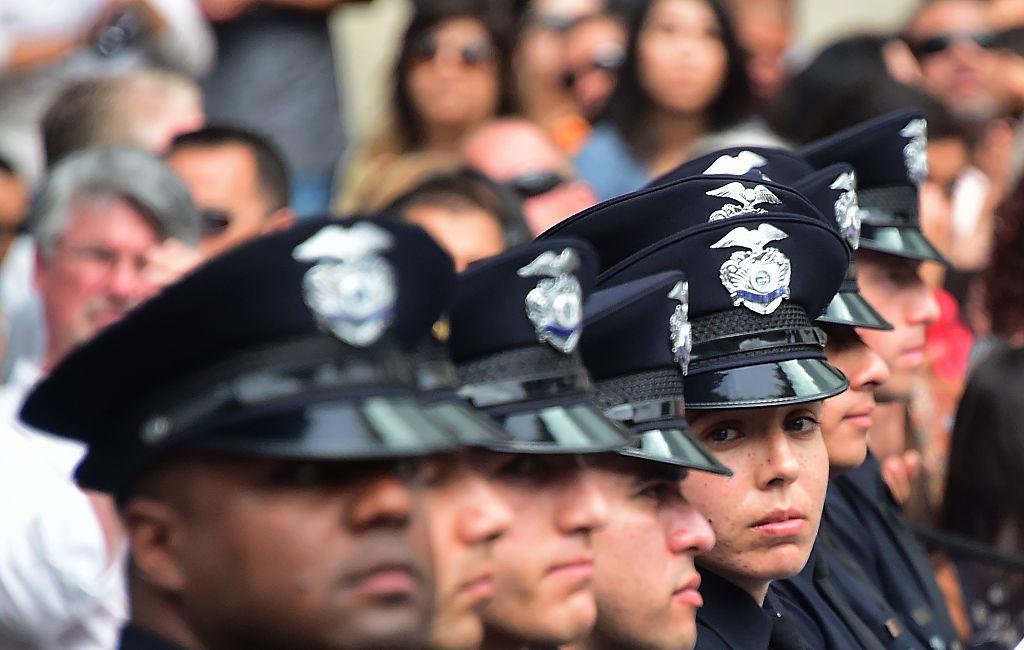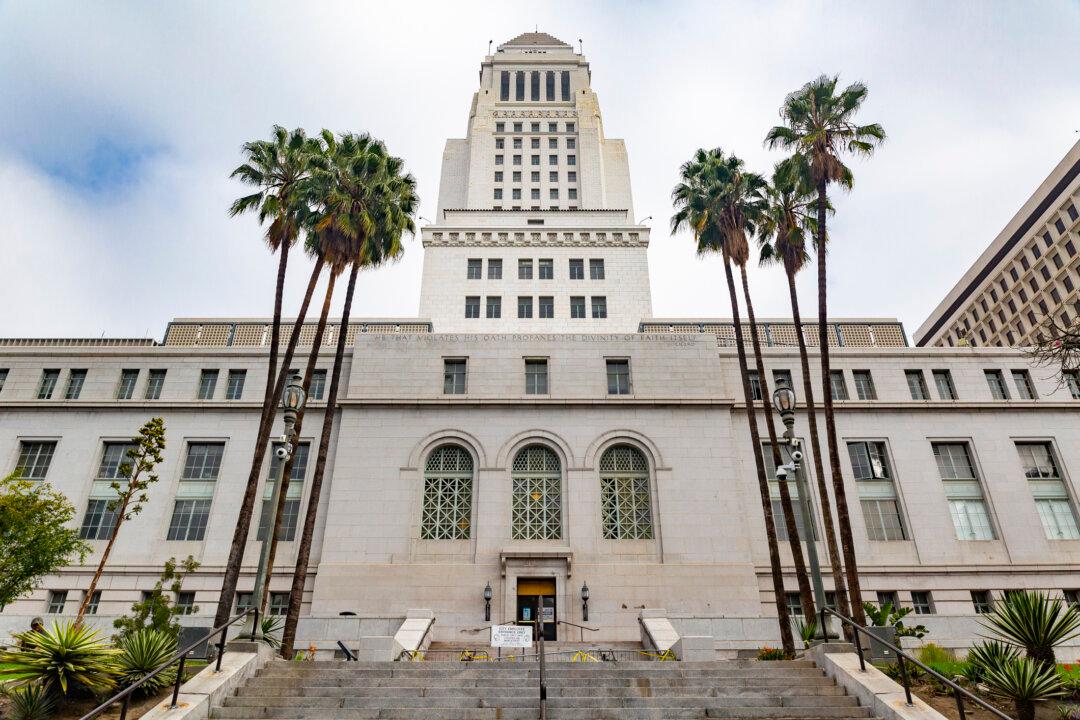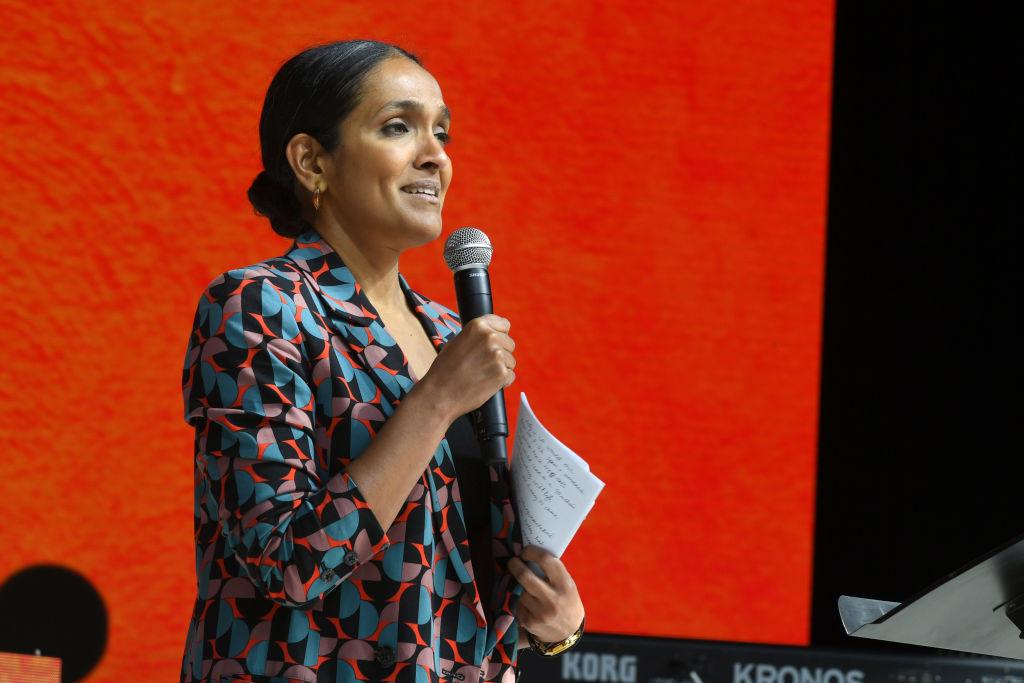LOS ANGELES—Qualifying Los Angeles residents can now apply to the county’s new basic income pilot program, which will provide $1,000 per month for the next three years to aid those suffering from the economic effects of the COVID-19 pandemic and lockdown measures.
The county will select 1,000 random applicants who meet certain requirements regarding the size of their household and their annual income, ranging from making less than $56,000 per year for a single-person household to $216,000 per year for a family of four.





